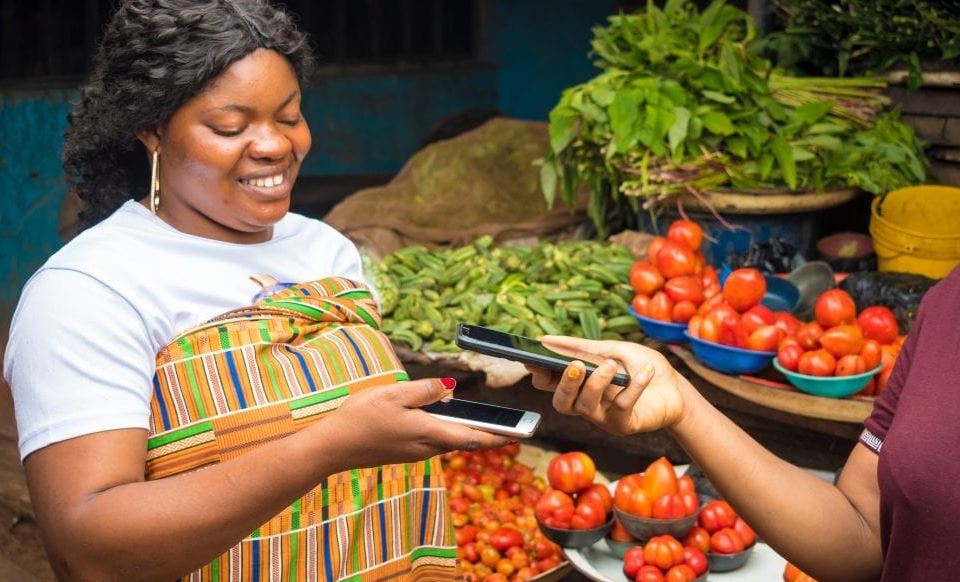 As has become increasingly common across the varied economies of countries in Africa, technology is greatly accelerating the rate of societal and economic change.
As has become increasingly common across the varied economies of countries in Africa, technology is greatly accelerating the rate of societal and economic change.
This is particularly true of Kenya, where the information and communications technology (ICT) sector has been growing at an average of 10.8% since 2016. As a result, the ICT sector has become an increasingly important part of the overall economic picture of Kenya, as well as a major source of job creation. This has a spill-over effect in almost every other part of the Kenyan economy, with increases in technology fuelling economic growth and development across all other sectors.
But beyond the broader economic picture of Kenya at the moment, how is technology changing the daily lives of Kenyans themselves? Is the digital transformation impacting Kenyans at all levels of society, or are we beginning to see a growing digital divide?
To answer this question, let’s consider some of the main ways in which technology, and access to it, is transforming the lives of Kenyans in small but powerful ways.
Tech start-ups, innovation and job creation
Dubbed the “Silicon Savanah” by industry experts, Kenya has been identified as an important innovation hub not only for Sub-Saharan Africa but for the continent as a whole. Part of this is due to the government support that has been put in place, as well as the availability of financing for fledgling start-ups. One of the benefits that a culture of technological innovation brings for the average Kenyan is that it generally leads to job creation within the sector. This has a spin-off effect for the region in general, as the local economy gets stimulated by the influx of investment and job opportunities. In this sense, Kenyans are becoming ever more dependent on the tech sector for job creation within the country.
Digital transactions and mobile payments
As is the case in many other African countries, people are becoming increasingly reliant on digital payment methods in their everyday lives. Although cash is still king for many types of transactions, there is a growing shift towards digital payment methods, particularly as mobile technology and access to the internet become increasingly ubiquitous. According to one recent report, as many as 70% of the population use mobile payment apps regularly. Early state intervention was important to the adoption of digital payment methods, with the emergence of the formerly publicly owned telecommunication service Safaricom accelerating the uptake of M-Pesa, the popular money transfer app.
Money transfer apps such as M-Pesa are now an extremely widespread way of conducting both in-person and online transactions within Kenya, although the dominance of M-Pesa is beginning to be challenged by other payment services. And with Kenya now identified as a global fintech innovation hub, it looks like more challengers will be entering the market in the coming years.
Living their best (digital) lives
Another notable element of Kenya’s shift into a digital future is how Kenyans are choosing to spend their free time. With the rise of accessible mobile internet, access to digital technology is not only changing how Kenyans work and learn, it is also shaping how they spend their leisure time.
One emerging trend that is broadly indicative of this shift is the rise of indigenous internet casinos. Although gambling has always been a much-loved pastime of Kenyans – as is the case in many other countries across the world – this trend is accelerating with the rise of mobile technology. With a number of local online casinos emerging in recent years, this trend looks set to continue for the foreseeable future. Kenya’s growth in this area is very much in line with the rest of the world, where the online casino industry has been booming in recent years.
Looking to the (digital) future
It is evident that Kenya’s future is digital. In order for Kenya and the Kenyan people to fully transition into a digital future, however, there are still some obstacles that need to be overcome. Of these, perhaps the most pressing relates to access to technology. Although an estimated 97.8% of Kenyans – at least of those polled – have a mobile phone subscription, at-home internet subscriptions are way behind this, at around 41.1% (as of 2018). There is a notable divide in terms of access to digital technologies, and for Kenya and Kenyans to fully capitalise on the transition into a digital economy, this is something that will need to be addressed. With 5G mobile technology ready to be rolled out across the country, this transition could happen sooner than we might have previously expected.






